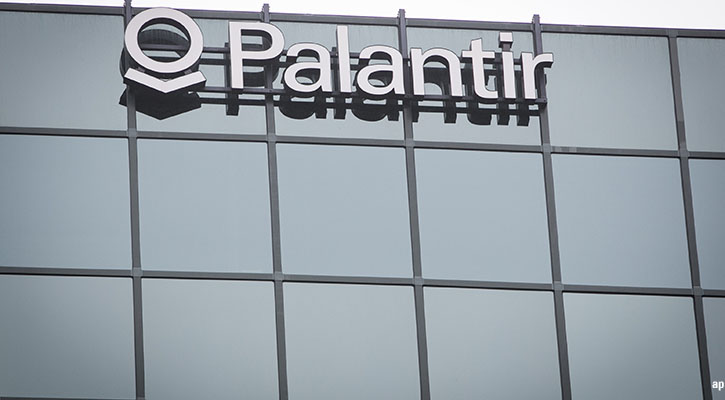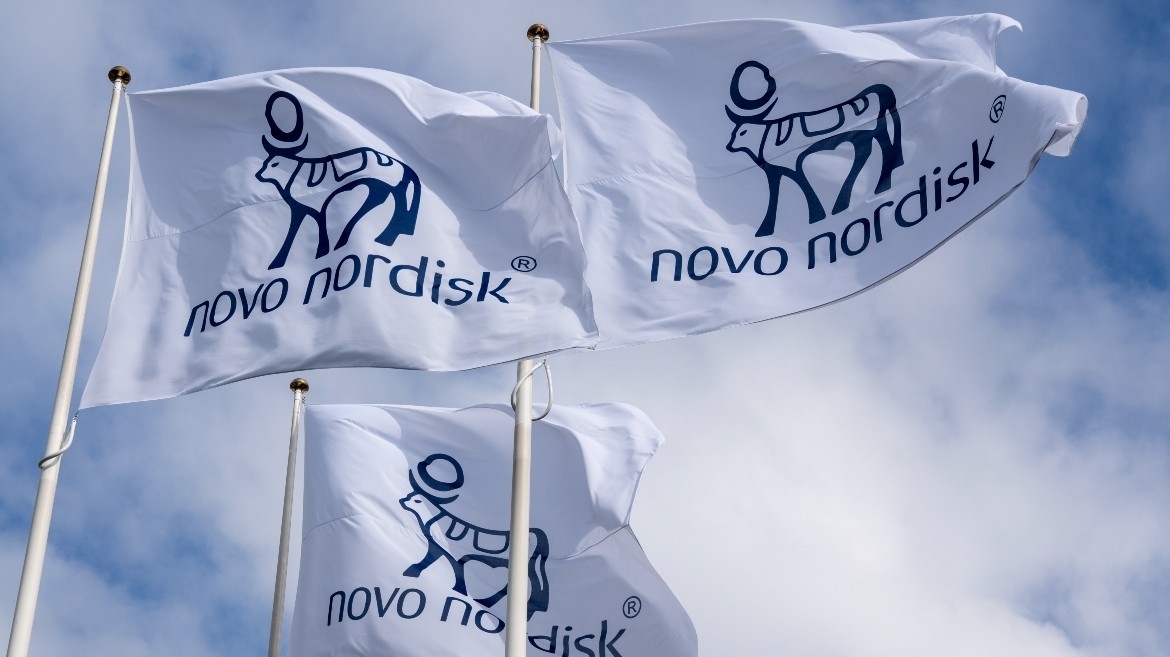Glencore (GLEN) has announced that as part of a consortium with the Qatar Investment Authority, the firm is in the final stages of acquiring a 19.5% interest in Rosneft shares. We think the Rosneft deal doesn’t move the needle for Glencore for a few reasons, and as such do not plan to make any changes to our 60p fair value estimate. The shares are currently trading at £3.05 meaning we consider them significantly overvalued.

We continue to view Glencore shares as significantly overvalued following their rally

First, the size of Glencore’s investment is fairly small. Despite the headline €10.2 billion figure, Glencore will only be contributing €300 million in equity, with the balance provided by the QIA and nonrecourse bank financing. For comparison, Glencore had roughly EUR 38 billion of equity and generated roughly EUR 3.6 billion of EBITDA in the first half of 2016.
Second, while this does shift the company’s portfolio more toward oil, the overwhelming majority of cash flows will still be tied to base metals and thermal coal. Following the deal, Glencore will remain largely tied to the prospects for Chinese fixed-asset investment, which we expect to decelerate.
Third, while this deal may increase the ability of Glencore’s oil marketing business to take advantage of more arbitrage opportunities by adding more nodes to the firm's trading network, we think the impact will be fairly small. The additional volumes only represent 220,000 barrels a day on top of the 1,200,000 barrels a day that traded in 2015. There were 795,000 barrels a day in first half 2016.
We continue to view Glencore shares as significantly overvalued following their large rally alongside commodity prices in 2016 driven by unsustainable factors. Thermal coal rallied from $50 per tonne in January to $105 per tonne in November as a result of credit-fuelled Chinese stimulus and Chinese coal production cuts. However, prices have swung back to $87 per tonne in early December as Chinese coal production cut regulations have been reversed. We think prices for copper and thermal coal, Glencore’s most important products, have roughly 30% and 40% downside from spot prices, respectively.






























